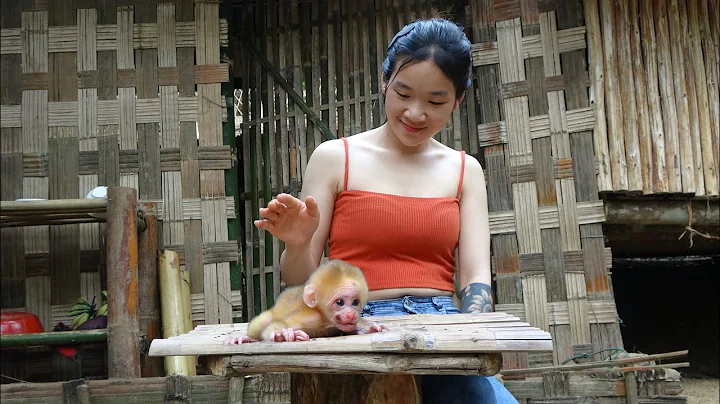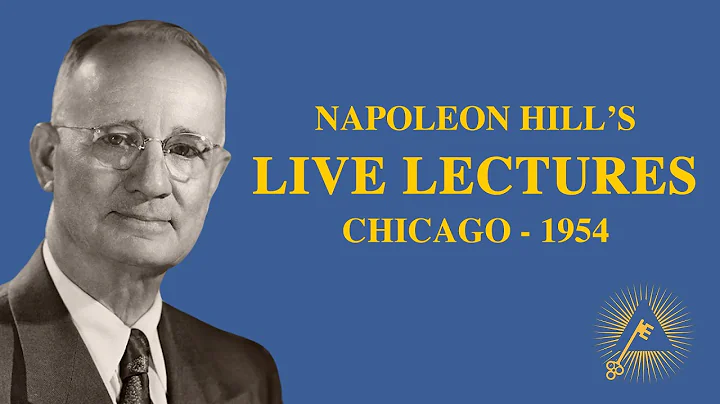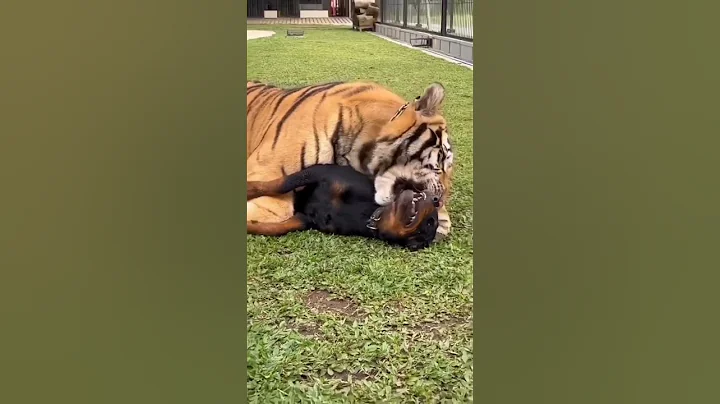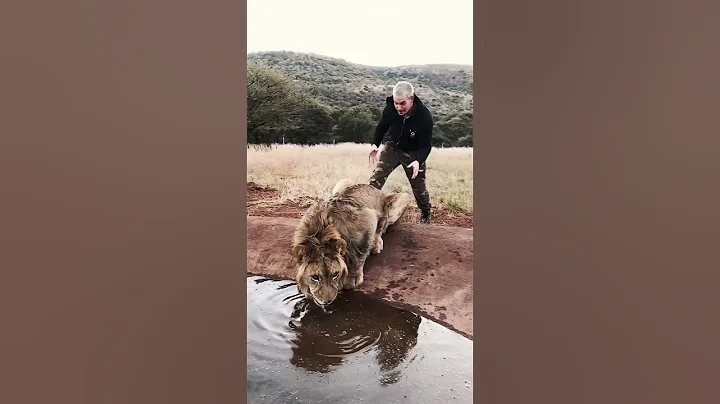On the island of Cosima, not far from the sea of Japan, a group of monkeys living in the island forest aroused the interest of primate biologists.
Biologists have been investigating the island for several years. Although they hear monkeys barking every day, they never know what they are talking about. In order to clarify the social organization and psychological conditions of monkey groups, biologists designed a series of experiments in order to discover and verify more about the habits and group wisdom of animal groups.

The experiment did not go well at first. Monkeys and humans threw stones at each other. The biologists decided to use a roundabout method to conduct research.
They shipped a lot of potatoes in an attempt to curry favor with the monkeys. As the saying goes, eating people with short mouths and taking advantage of people with short hands means that the stones in the hands of the monkeys disappeared and were replaced by potatoes.
Potatoes are sweet and delicious, but careful biologists use fishy and smelly mud and smear it on the roots like butter. The surface looks quite disgusting, but it is a veritable "potato".
On an island where food is scarce, muddy potatoes are still a rare delicacy for monkeys.
At first they stuffed mud and dirt into their mouths and chewed it. It didn’t taste very good. Eating dirt was not a pleasant thing for most monkeys.
A few days later, a monkey came to the beach for a walk with a potato that he didn't want to eat but couldn't bear to throw away. His potato fell into the seawater in the rock crevice. The monkey stretched out his paw to fish the potato out of the water. The process was relatively simple. tortuous.
The potato that had been soaked in sea water and fiddled with by the monkey's paw looked much cleaner than before. At least it looked like a normal potato now. The monkey was thinking while eating the potato. Something shocking happened to the monkey. The washed potato was better than the unwashed potato. It tastes better when washed.
The monkey who knew how to wash potatoes kindly told his friends, but the monkey with no status had no right to speak. Everyone ignored it at first and just thought it was a strange guy.
The monkey who knows how to wash potatoes will continue his potato career in the days to come. He just washes his potatoes, as if there is nothing more important in the world than washing potatoes.
The maverick monkey is always so eye-catching in the group. Gradually, its persistence impressed the monkey group, and everyone began to learn to wash potatoes.
Things went very smoothly, and soon potato washing became an industry chain. A steady stream of monkeys come to the beach to wash their potatoes.
After about the hundredth monkey learned to wash potatoes, things started to change.

Almost all the monkeys on the island turned on the potato washing mode overnight. Regardless of whether they had seen or learned it before, it seemed that the monkeys on the island were born to wash potatoes.
Biologists have always believed that inventions and creations can improve people's lives, and the same is true for monkeys. The only thing that puzzled them was that not only the monkeys on this island were washing potatoes, but the monkeys on other islands also started washing potatoes spontaneously.
The islands are so far apart that they are almost invisible to the naked eye. It is unlikely that a monkey would swim across a strait filled with sharks just to teach an alien monkey to wash potatoes.
Animals have a very strong sense of territory. If a strange monkey breaks into their territory, they will be beaten and die miserably. You must know that monkeys are omnivores, and similar animals are also on their menu.
If the monkeys on the same island acquired the knowledge of washing potatoes through learning, how did the monkeys on the different island know that washing potatoes can make the food more delicious? Is it just a coincidence?
With these questions, the biologists returned to the monkeys on Mount Takasaki in Oita Prefecture on the other side of the island. What surprised them even more was that the monkeys in Takasaki Mountain actually started washing the potatoes that the biologists threw to them. This phenomenon had never happened before.
Monkeys don’t have mobile phones. Unless they can fly, there is no way they can go to Mount Kosaki and teach the monkeys here to wash potatoes.
It's like these monkeys have a clear understanding. As long as the number of participants with consistent behavior reaches a certain number and breaks through a certain threshold,
the entire similar world will suddenly adopt this beneficial new method.
Biologists have conducted a series of similar experiments, and the results show that there may be something similar to telepathy between the same populations that closely connects different individuals, and the subconscious minds between the populations will communicate and influence each other.
Does this mean that there is always a bond between biological groups of the same origin and the same race that connects them together and becomes a whole?
If monkeys have such psychic connections, what about humans?

Jung believes that the unconscious at the bottom of the personality structure contains the genetic traces of the activity patterns and experiences of generations including ancestors in the human brain. Jung called it the collective unconscious.
The collective subconscious is composed of genetic experiences shared by human beings since their creation. This kind of subconscious is collective, not just belonging to a single person, and is entirely genetic."
The collective subconscious is some forms that existed in previous lives. They are inherited and born. The psychology of a newborn is not a blank slate. Instead, it is printed with various past experiences of human beings, just like the factory settings of a mobile phone, and is difficult to change. What
inherits is not the specific concepts or images, but the psychological tendency to recognize and understand certain general concepts and images. They are potential rather than actual abilities.
For example, women have the inherent maternal nature, men have the potential to reflect and think deeply, and men have the potential to cooperate and compete with others.


The collective subconscious. The theory caused a stir in Europe, and Jung shone with his brilliant discoveries, becoming the brightest star of Western psychology. However, he did not realize that even acquired knowledge could be transmitted through the collective subconscious.
In the collective, the individual and the collective are a kind of symbiosis with a direct spiritual connection. Individual behavior, whether external or internal, will be greatly affected by the group.
Do you feel this way: when you think of someone. When something happens, the result will appear.
For example, you dream about something at night, and the same thing happens during the day;
You think about how to spend the salary you got, and you receive the bank statement immediately;
You are doing it. If you hesitate to order takeout for lunch, a Ele.me discount advertisement will appear on your phone soon;
Some people are talking about a certain person, and it turns out that Cao Cao Cao Cao is coming;
I haven’t seen it in many years As soon as you thought about the person in front of you, you saw him soon.
Even though you didn’t tell anyone, it happened so incredibly, as if someone was peeking into your heart.
Shen Congwen wrote in "Border Town". : “Everything happens by chance, but the result is as inevitable as fate. "
"Coincidence" comes from the collective subconscious, so "coincidence" is not an accident, it is an inevitable result caused by the collective subconscious.
"Synchronicity" is a kind of explanation of this mysterious phenomenon Explanation.
In 1930, Jung first used the term "synchronicity" to describe these supernatural phenomena.
Many events occurred in Jung's life that could not be explained by coincidence. He once wrote: " Many things come together unpredictably, making it difficult to hold the view that probability is a decisive factor. "
He tried to use a rational concept to explain this supernatural phenomenon.

Jung was once very interested in alchemy , and a large part of his book was about alchemy. When it comes to alchemy , It was inevitable to discuss Chinese alchemy.
Jung believed that Western alchemy and Chinese alchemy were interlinked, so Jung asked his good friend Wei Lixian for advice. People no longer practice outer elixir , Taoists are busy practicing inner elixir.
Wei Lixian is a China expert. He has lived in China as a missionary for twenty years. His understanding of Chinese culture is beyond the ordinary. Most Chinese scholars.
Wilhelm Wilhelm told Jung about Chinese culture, especially the I Ching and the theory of alchemy and immortality, which had a great influence on Jung in his later period.
Although Jung did not succeed in cultivating immortality, he did co-author a book on spiritual cultivation with Wilhelm Wilhelm (1)
He became interested in the "Book of Changes", not only studied it, but also performed divination himself, and compared the fortune teller's That routine is used in work and in treating patients.
While the academic community was busy drawing a clear line with him, Jung proposed the concept of "synchronicity" in psychology, which subverted the materialist worldview .
Synchronicity refers to the phenomenon that two or more events that have no causal relationship occur at the same time, and there seems to be some implicit connection between them. There is no conclusion yet on its scientific mechanism.
Jung judged synchronic phenomena based on three criteria: no causal connection, simultaneous occurrence, and significance. That is, although certain events occur at the same time, there is no necessary causal connection between them, but they are meaningful to the parties involved.
Jung said: "Synchronicity reveals a certain profound connection between the material world and the spiritual world."
Synchronicity comes from the subconscious and the collective subconscious.
Jung also explained one thing, that is, "subjectivity can determine objectivity."
But this subjectivity is not your own shallow consciousness, but the deepest collective subconscious.
Some people say that I want to win the grand prize, but why don’t I? Because everyone wants to win the jackpot, it is determined by the collective subconscious. What's more, most of the so-called winnings are not actually winning, but are called winnings, so it's normal that you don't win.
Jung's theory was attacked head-on and ridiculed as pseudoscience. His mentor broke with him, but Jung was not discouraged and took up the I Ching.
Jung believed that the basic cosmology of the Eastern world is that "everything in the world is connected", and divination is a method of finding out these connections.
Jung's attitude towards mysterious phenomena is "Even if science cannot prove it, since humans can see, hear or feel mysterious phenomena, then it exists."
He pointed out: "Western thought likes to classify things or make choices, but Eastern thought sees the world as a whole."
This is why the Buddha tried so hard to persuade the world not to be discriminatory, "The world is a whole, everything is a whole." Everything is connected.”
——————————————
(1) [The Secret of the Golden Flower]





















